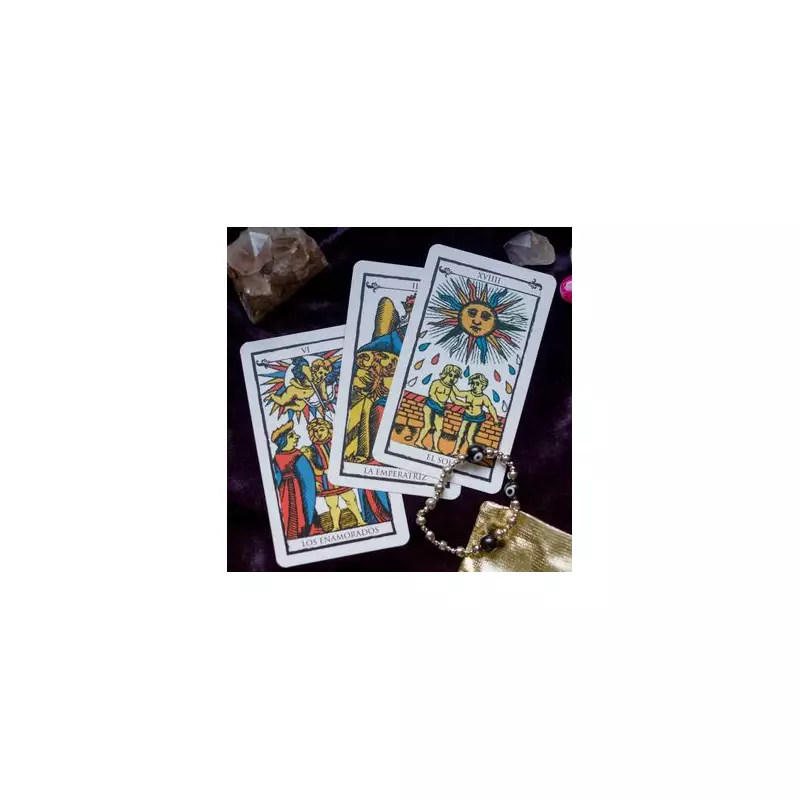
Across Britain, a quiet revolution is unfolding in living rooms and digital spaces as tarot cards experience an unprecedented renaissance. What was once dismissed as Victorian-era superstition has become a multi-million pound industry, with modern Brits turning to ancient cards for guidance in turbulent times.
The Numbers Behind the Spiritual Surge
Recent analysis reveals the UK's tarot industry is now worth a staggering £3 million annually and shows no signs of slowing. Google searches for "tarot card reading" and related terms have skyrocketed by over 300% in the past five years, indicating a fundamental shift in how people seek answers.
From Parlour Game to Psychological Tool
Contemporary tarot readers emphasise they're not predicting the future but facilitating self-reflection. "People aren't coming to me for crystal ball predictions," explains London-based reader Anila Premkumar. "They're seeking a space to process their thoughts and emotions. The cards act as mirrors to their subconscious."
Why Now? The Psychology Behind the Trend
Psychologists point to multiple factors driving this spiritual awakening:
- Digital overload: In an always-connected world, tarot offers analogue contemplation
- Economic uncertainty: Financial pressures and housing crises create demand for reassurance
- Mental health awareness: People seek alternative approaches to wellbeing beyond traditional therapy
- Community connection: Social media has created global networks of spiritual seekers
The New Face of Tarot
Gone are the stereotypical images of mysterious fortune tellers in darkened rooms. Today's practitioners include former corporate professionals, NHS workers, and digital natives who've traded traditional careers for spiritual vocations.
"I left my marketing job during the pandemic," shares Manchester-based reader Sarah Wilkinson. "The demand for meaningful connection was palpable. People weren't just curious—they were genuinely seeking tools to navigate life's complexities."
Beyond Prediction: Tarot as Therapeutic Practice
Many mental health professionals are noticing the benefits. "While not a replacement for therapy, tarot can serve as a valuable reflective practice," notes psychologist Dr. Emma Jameson. "The symbolism in the cards helps people articulate feelings they struggle to express otherwise."
As Britain continues to navigate economic challenges and social transformation, this ancient practice appears perfectly suited to modern anxieties. The cards may not hold all the answers, but for millions of Brits, they're providing something equally valuable: space to breathe, reflect, and find their own way forward.





